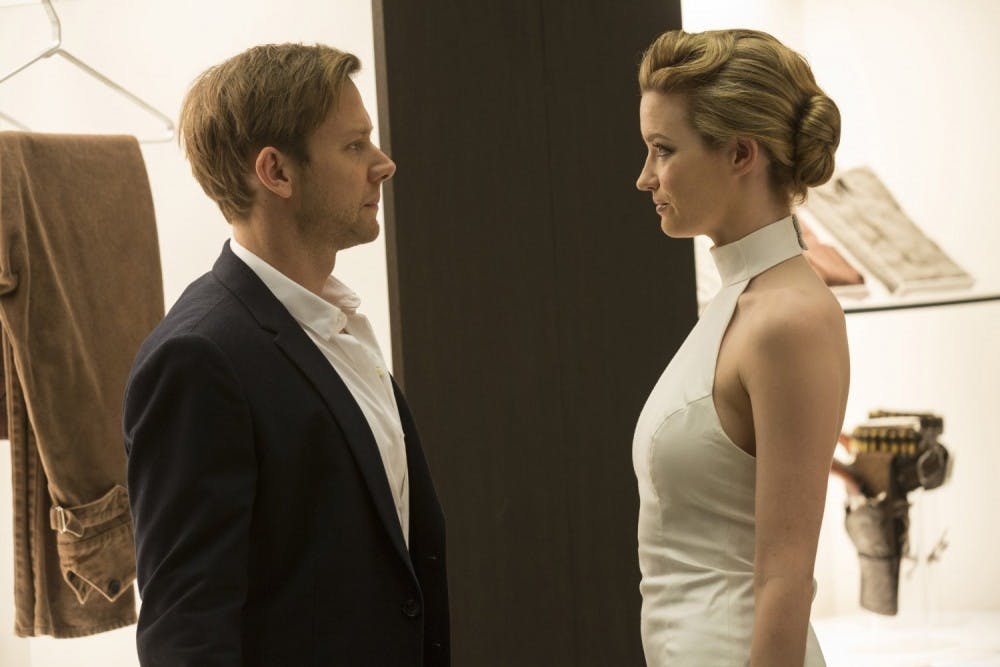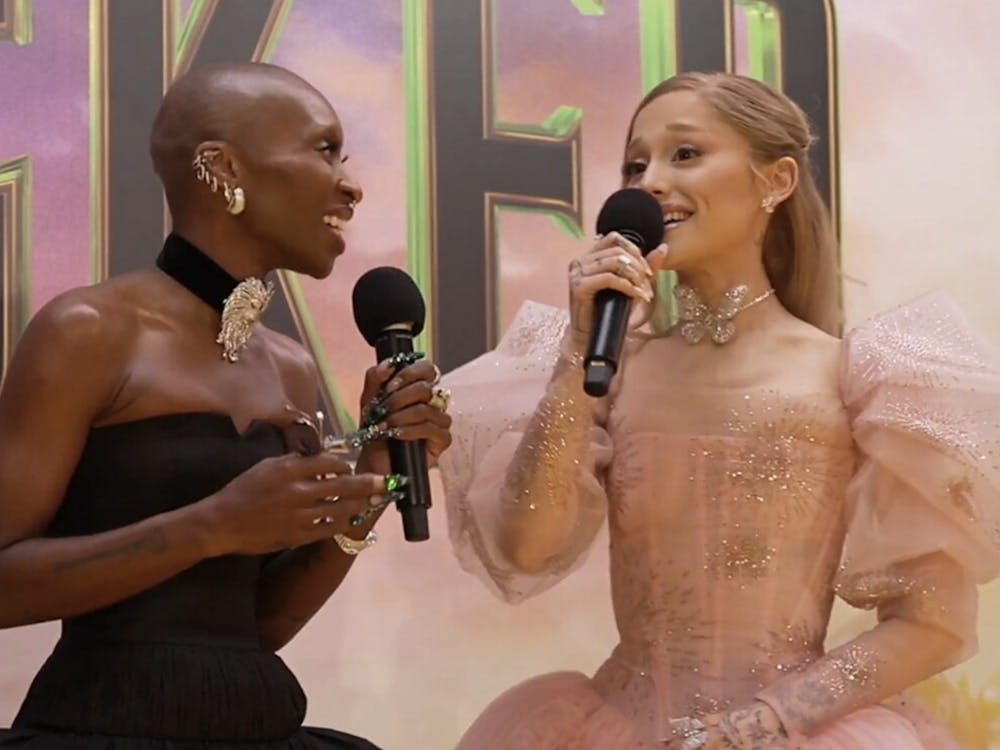“Are you for real?”
“Well, if you can’t tell, does it really matter?”
This exchange represents the overarching philosophical question in “Westworld.” The showrunners, Jonathan Nolan and Lisa Joy Nolan, have stated that their allegiance is to the Hosts, but what exactly does that mean?
The show’s second episode, “Chestnut,” continues to expand the world of the futuristic, wild-west theme park in which the show takes place. While we see new perspectives in this episode, there is almost a sense of stagnation with regards to the events of the pilot. Yes, the show does move the story forward, but the central characters from the first episode take a backseat here.
While the pilot was primarily focused on Dolores, “Chestnut” follows Westworld madam Maeve (Thandie Newton). When Dolores whispers to Maeve, “These violent delights have violent ends,” Maeve begins to remember her past. She begins to gain consciousness.
The line seems to be more than a re-reading of a Shakespeare quote. “These violent delights have violent ends” appears to be a verbal cue which unlocks some kind of inner-consciousness for all of the Hosts. There are a hundred potential theories as to how this started and what its purpose is. It's possible that the Man in Black (Ed Harris) altered something in Dolores in the pilot, or that “Westworld”’s chief programmer, Bernard Lowe (Jeffrey Wright), put this in the Hosts to spread.
Another thread of the episode is the continued presence of the Man in Black as a large, dark question mark. Management allows the Man in Black to do whatever he wants, as he seems to be on a quest to find the “next level” of the park. It remains unclear as to whether this “next level” is a metaphoric change with conscious Hosts or if there is a physical lower level to explore in the park.
Thandie Newton puts in a heartbreaking and courageous performance as Maeve, who undergoes a lot of trauma during this episode. Jimmi Simpson also joins the cast as William, a patron and first-time visitor of the park who essentially acts as the audience's surrogate while more of the park’s rules are underlined.
On occasion, “Westworld” feels like it’s being written by a college screenwriting class. The dialogue can feel too eloquent, and while there are many unanswered questions, the ethical questions feel very safe. It’s as if the show believes it is asking these questions about robots and consciousness for the first time, when in reality, audiences have seen these themes play out numerous times.
“Westworld” also continues to feel like a copy of “Game of Thrones” in regards to its sprawling stories. “Game of Thrones” has taken years to build up to their level of stories and worlds, instilling a level of trust between the audience and the characters. However, “Westworld” jumps into about 10 locations and hopes the audience cares enough about each of the threads to follow through.
Still, the show’s attention to detail is very exciting, and many scenes warrant a rewatch. The episode seems to present a lot of hidden Easter eggs and potential answers hidden away in plain sight. “Westworld” asks a lot of questions, and works best when the audience is theorizing along with it.
Overall, “Chestnut” is an improvement on the show’s first hour. While the pilot felt more like a film, “Chestnut” proves this story may have the legs for television. With all of its flaws, “Westworld” still has you on the edge of your seat.
Stay tuned for next week’s “Westworld” recap.





